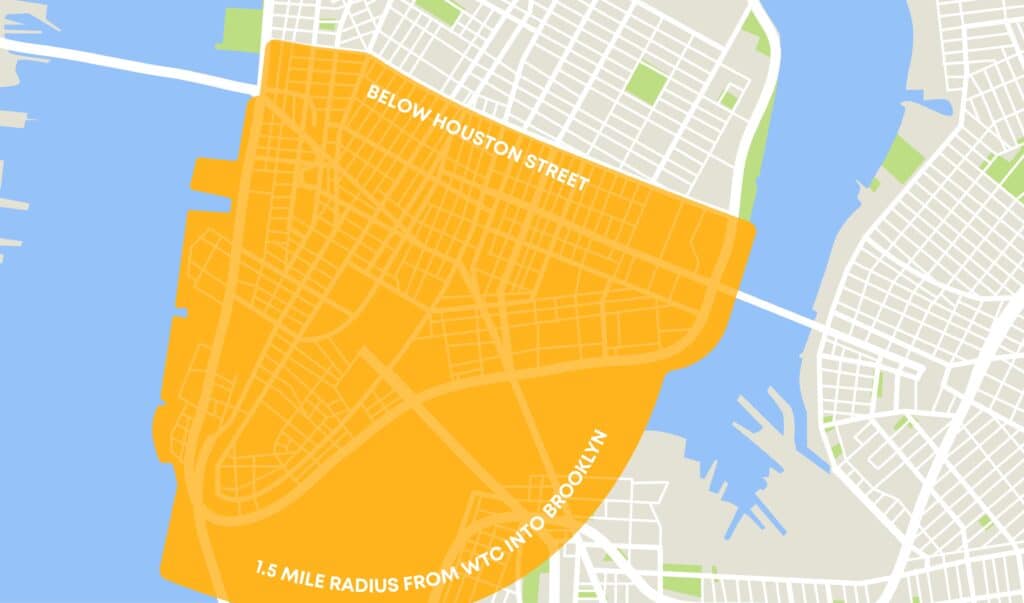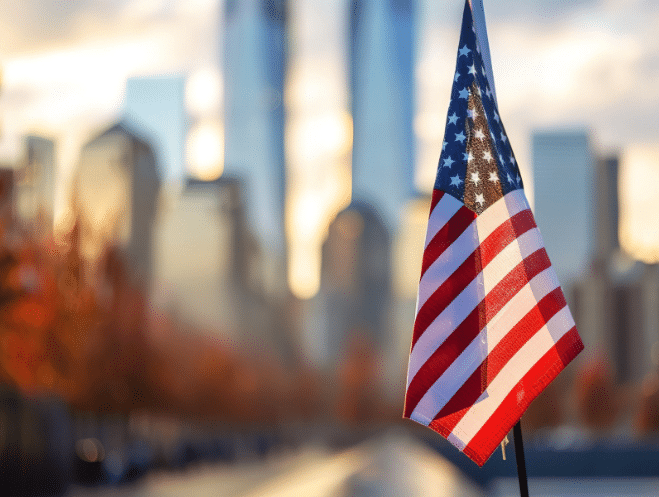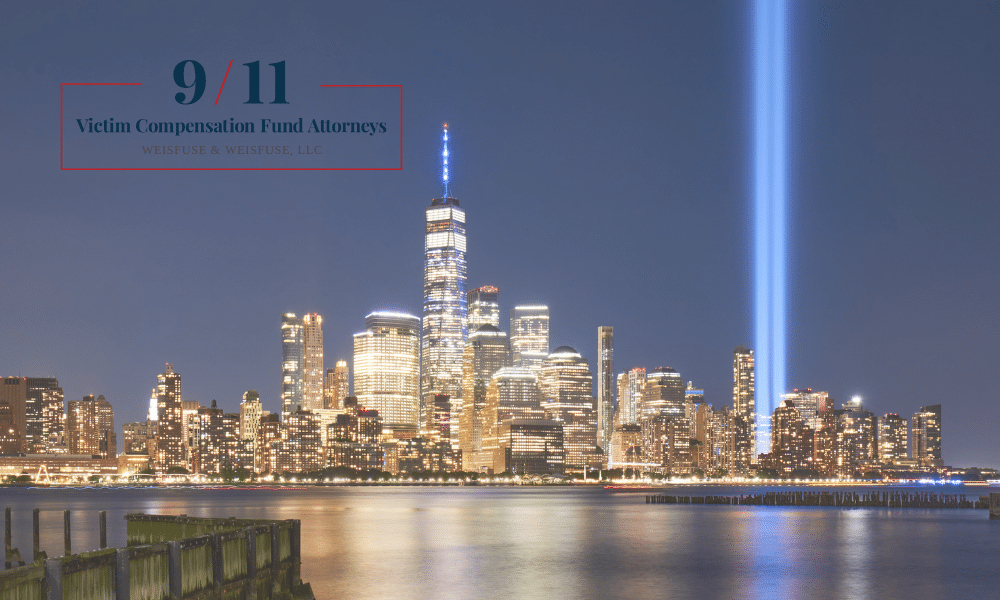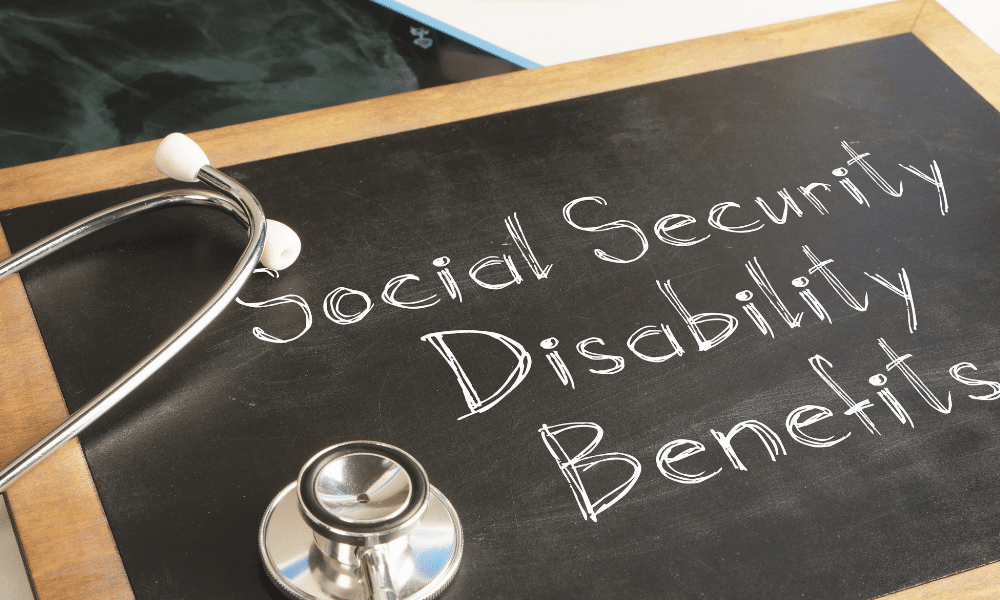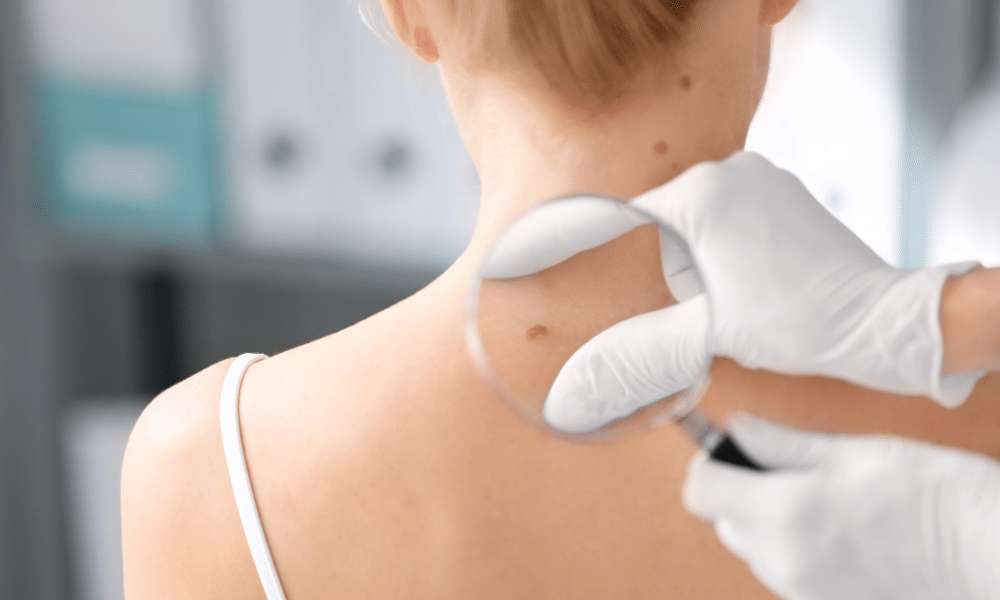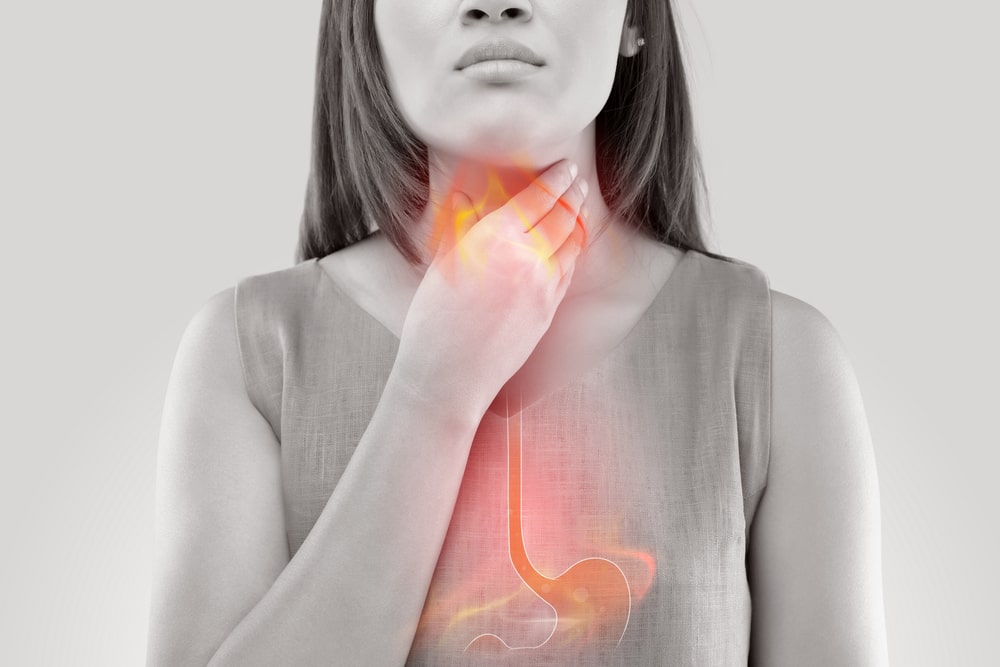
GERD VCF Payouts for 9/11 Responders & Survivors
Gastroesophageal reflux disease (GERD) is among the most common illnesses treated in the World Trade Center Health Program.
Responders and survivors of 9/11 experienced a wide range of health issues in the months and years following the attacks — and they continue to do so. Breathing issues and cancers are most commonly associated with 9/11 but other diseases like GERD can disrupt the quality of life for anyone exposed to the toxic dust from Ground Zero.
Help is at hand for 9/11 survivors who were in Lower Manhattan between 9th September 2001 and 30th May 2002 and are suffering from the effects of GERD. Free medication may be available from the World Trade Center Health Program and it may be possible to claim compensation from the September 11th Victim Compensation Fund (VCF).
Similarly. individuals who worked at the Fresh Kills landfill, on vehicles along debris removal routes, at the NYC Morgue or at garages where emergency vehicles were cleaned may also be eligible for assistance.
GERD symptoms and treatment
The main symptom of GERD is persistent heartburn. Indeed, for many people diagnosed with GERD, it can be difficult to distinguish between this and acid reflux, which is a common digestive disorder that also causes heartburn.
GERD affects the lower esophageal sphincter. This is the muscle between the esophagus and stomach. Normally, it opens to allow food to pass from the esophagus into the stomach and closes to prevent food from passing back into the esophagus.
In GERD sufferers, the sphincter muscle is weakened, which allows food and stomach acids to pass back up the esophagus from the stomach.
In addition to heartburn, other common symptoms of the condition include:
- Pain in the chest area
- Difficulty swallowing
- A lump sensation in the throat
- Bitter or sour taste in the back of the mouth
- Regurgitation
Typically, GERD is diagnosed with an X-ray, endoscopy, ambulatory probe test or esophageal manometry. The main treatments for the condition include adjustments to lifestyle, over-the-counter medications and (in the most serious cases) stronger medications or even surgical procedures.
If GERD is left untreated, conditions like esophagitis and Barrett’s esophagus can result, which may lead to esophageal cancer. The condition can also lead to respiratory problems.
Responders and survivors should register with the WTC Health Program to ensure they are properly monitored for all potential 9/11-related health conditions, including GERD.
VCF compensation for GERD
The September 11th Victim Compensation Fund (VCF) is available for 9/11 responders and survivors. Awards may be granted to anyone who suffers losses as a result of a diagnosis of 9/11-related GERD.
To be eligible for compensation, the condition must first be certified by the WTC Health Program. However, because GERD is so common among 9/11 responders and survivors, this is rarely an issue.
Medications and procedures to treat GERD are considered presumptively compensable expenses, i.e., no further documentation is necessary for amendments to claims to be reimbursed for medical expenses in connection with the condition.
Both economic and non-economic losses may be claimed through the VCF:
- Economic losses are to cover lost earnings, loss of benefits, and out-of-pocket expenses incurred in connection with medical treatment.
- Non-economic losses are awarded to cover the pain and suffering endured due to a 9/11-related condition.
Note that the VCF payout for GERD (and all other non-cancer conditions associated with 9/11) is capped at $90,000. Awards up to this amount are based on the severity of the condition.
Links between PTSD, asthma and GERD
A link between 9/11 GERD, asthma and post-traumatic stress disorder (PTSD) has been confirmed following studies of 9/11 responders and survivors in the years following the attacks.
Steven Stellman, the former Research Director of the World Trade Center Health Registry, led a 2016 study of the WTC victim and survivor registry.
A link between PTSD and GERD was already known, with anxiety thought to increase gastric acid production and cause reflux. A potential link between asthma and PTSD among 9/11 first responders was also known before the study.
Stellman’s study found that the symptoms of GERD (sometimes called GERS) may be caused by or worsened by asthma and PTSD. Here’s a summary of the results:
“Of 29,406 enrollees, 23% reported GERS at follow-up in 2011-2012. Early post-9/11 asthma and PTSD were each independently associated with both the persistence of GERS that was present at baseline and the development of GERS in persons without a prior history. PTSD mediated the association between early post-9/11 asthma and late-onset GERS.”
What other types of non-cancer conditions does the VCF cover?
Most of the attention focused on the September 11th Victim Compensation Fund understandably centers on the life-threatening conditions suffered by many 9/11 survivors and responders, such as 9/11-related cancers.
Countless other people who spent time in and around Manhattan in the days, weeks and months that followed 9/11 have suffered health conditions that negatively impact their quality of life, including GERD.
The Victim Compensation Fund is regularly updated with new qualifying health conditions, allowing first responders and survivors to claim for the costs of medication and other compensation.
Besides cancer, a few examples of allowable non-cancer-related conditions that are covered by the fund include the following:
- Interstitial lung disease, including asbestosis, bronchiolitis, interstitial pneumonia, pulmonary fibrosis and sarcoidosis.
- Upper respiratory and digestive illness, including GERD, asthma, Barrett’s esophagus, emphysema, obstructive sleep apnea, etc.
Many other health conditions are also covered by the VCF. Anyone who is suffering from illness or a condition that may be related to exposure to 9/11 toxic dust should seek medical and legal advice. A 9/11 VCF attorney can help assess the eligibility for compensation.
Note that before anyone can claim compensation for GERD or any other 9/11-related health condition, they need to register with the September 11th Victim Compensation Fund.
The lawyers at Weisfuse & Weisfuse, LLC can assist if you have a health problem related to 9/11. To discuss your situation and learn more about how we may be able to help you, please call 332-239-2238 or contact us online to schedule a free consultation.
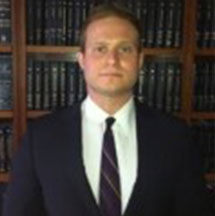
About Jason Weisfuse –
9/11 Victim Compensation Fund Attorney
About Jason Weisfuse –
9/11 Victim Compensation Fund Attorney
Jason E. Weisfuse is a seasoned 9/11 cancer attorney and managing partner at Weisfuse & Weisfuse, LLC, a New York City-based law firm dedicated to representing individuals affected by the September 11th attacks. Since the establishment of the September 11th Victim Compensation Fund (VCF), Jason has been instrumental in assisting first responders, survivors, and families in securing the compensation and medical benefits they deserve.
With a Juris Doctor from New York Law School (2009), Jason brings extensive experience regarding the 9/11 Victim Compensation Fund to his practice. His deep understanding of the VCF and the World Trade Center Health Program (WTCHP) has enabled him to navigate complex claims processes effectively, resulting in substantial awards for his clients.
Jason’s commitment to the victims in the 9/11 community is evident through his active involvement in professional organizations such as the New York State Trial Lawyers Association and the American Association for Justice. He has also contributed to legal discourse with publications in the New York Law Journal, reflecting his dedication to legal excellence and advocacy.
At Weisfuse & Weisfuse, LLC, Jason continues to provide compassionate and knowledgeable representation, ensuring that those affected by 9/11 receive the support and compensation they are entitled to.


